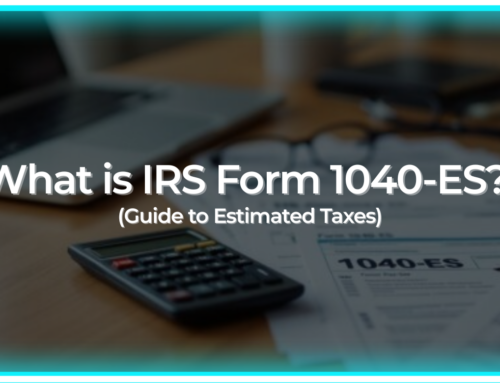Hey everyone, I’m Bette Hochberger, CPA, CGMA. Real estate professionals have access to valuable tax benefits that can significantly reduce their tax liabilities, especially when dealing with passive income from rental properties. To qualify as a real estate professional in the eyes of the IRS, there are specific criteria you need to meet.
Let’s break down what it takes to achieve this status and how it can benefit you.
What is Real Estate Professional Status?
The Real Estate Professional Status (REPS) allows you to treat your real estate activities as non-passive, meaning you can offset your real estate losses against other forms of income, like wages, salaries, or business income. Without this status, losses are often limited to offsetting passive income only, which can significantly reduce the tax-saving opportunities for individuals heavily involved in real estate.
The IRS Requirements for Real Estate Professional Status
To be classified as a real estate professional by the IRS, you must meet two key tests:
Material Participation in Real Estate Activities
- You must spend at least 750 hours per year actively involved in real estate trades or businesses in which you materially participate.
- These hours can include tasks like managing properties, performing repairs, meeting with tenants, negotiating leases, and handling other operational aspects.
- Importantly, more than half of your personal services during the tax year must be in real estate activities. This is crucial if you have a regular job outside of real estate, as it could prevent you from qualifying.
Material Participation in Specific Rental Activities
- You must materially participate in the rental real estate activities that you want to treat as non-passive.
- This means involvement beyond mere financial investment, like making critical decisions regarding the property or spending significant time managing its operations.
- The IRS provides several tests for material participation, such as working 500 hours in the activity, being the only person substantially involved, or doing most of the work yourself.
Qualifying Real Estate Activities
To qualify for the real estate professional status, your real estate activities must be a trade or business. These activities can include:
- Development
- Construction
- Acquisition
- Conversion
- Management
- Operation
- Rental
- Leasing
- Brokerage services
It’s important to note that personal real estate investments or passive involvement, like silent partnership, will not count toward your hours.
The Importance of Accurate Recordkeeping
One of the most common challenges for taxpayers is proving the time spent on real estate activities. The IRS requires a detailed record of your time spent, including logs or calendars showing your hours, dates, and tasks performed. These records will help you defend your status in case of an audit.
The Benefits of Real Estate Professional Status
Achieving real estate professional status can unlock significant tax savings, especially if you have high rental property expenses or losses. Instead of waiting for years to offset your losses, you can deduct them against your ordinary income, which may lead to:
- Lower overall tax bills
- Increased cash flow
- Potential to grow your real estate portfolio faster
Common Misconceptions
It’s important to note that just having a real estate license doesn’t automatically qualify you as a real estate professional. You must meet the material participation and time requirement criteria, as the IRS is strict about these rules.
Becoming a real estate professional requires careful attention to your time and activity in the real estate industry. If you meet the IRS’s requirements, the tax benefits can be huge, allowing you to use real estate losses to reduce your taxable income significantly. As with all tax matters, it’s important to keep detailed records and consult a tax professional such as myself to ensure compliance.
If you have questions about how real estate professional status can benefit your tax situation, feel free to reach out to us. We specialize in helping real estate investors navigate tax rules and maximize savings!
I’ll see you guys next time!







